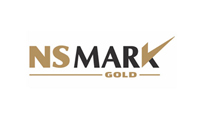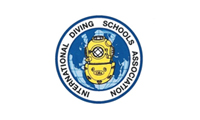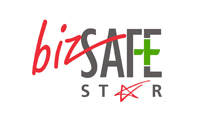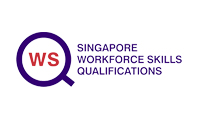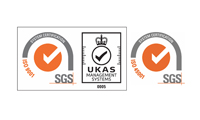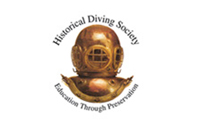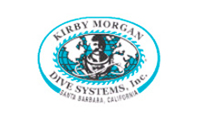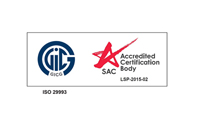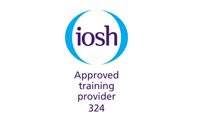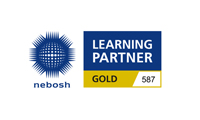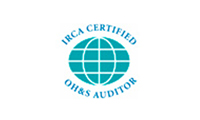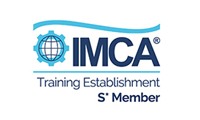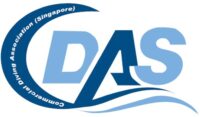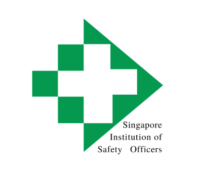Occupational First Aid Refresher (Bundled with Diving First Aid Refresher)
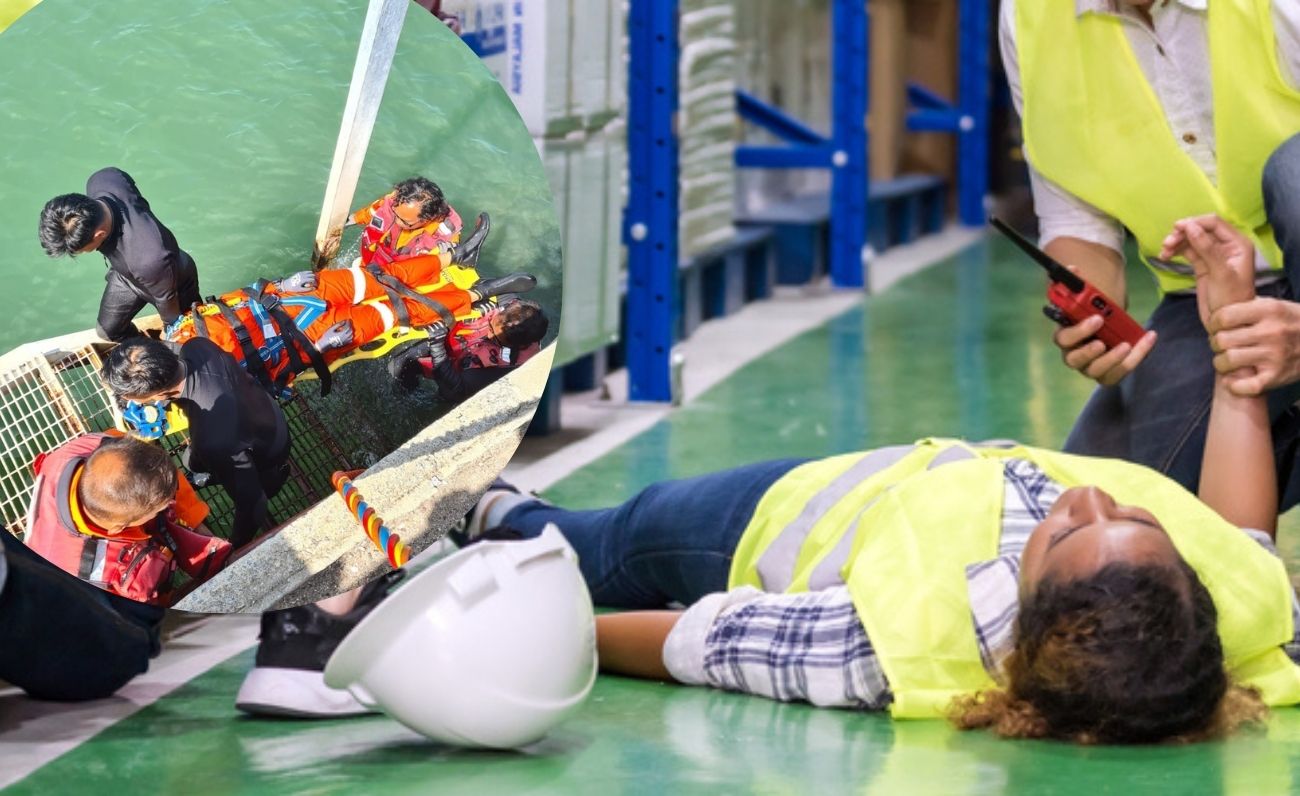
Overview
Our training programmes are specifically designed to meet the highest safety and emergency preparedness standards for commercial divers and diving supervisors.
The two-day Occupational First Aid (Refresher) Course is structured according to the WSH Council’s Technical Note Part II guidelines, providing participants with essential skills to manage workplace emergencies effectively.
Integrated within this OFAC Refresher course is CPR and AED training, ensuring participants are proficient in the latest life-saving techniques. This segment adheres to SRFAC standards and prepares participants to respond confidently to cardiac emergencies in the workplace and public settings.
An additional one-day Diving First Aid Refresher module enhances the training with a curriculum aligned to the SS 511:2018 Code of Practice for Diving at Work. This module focuses on critical aspects of commercial diving safety, including emergency oxygen administration and managing diving-related emergencies.
About This Course
The Occupational First Aid Refresher and Diving First Aid Refresher Bundle is a comprehensive hands-on training programme that emphasises occupational first aid principles, emergency oxygen provision, and diving-related emergency management. This course equips participants with the ability to provide immediate and proficient assistance in various topside and diving emergency situations. This course places a strong emphasis on swift, evidence-based interventions to maximise the chances of a positive outcome.
Who Should Attend?
The OFA (Diving) course is suitable for a diverse audience, including:
- Commercial Divers responsible for the well-being of divers at work.
- Commercial Inland Inshore Professionals entrusted with supervising dive operations.
- Leisure Diving Professionals interested in acquiring life-saving skills for effective response in diving emergencies.
Course Outline
Occupational First Aid (Refresher)
- Legislation on First aid: compliance with WSH Council’s Technical Notes for Occupational First aid Course Part II
Participants will learn to comply with WSH Council regulations by understanding legal requirements, roles, and responsibilities for workplace first aid.
- Scene Safety and Assessment: Ensuring safety for rescuers and victims
Participants will learn to assess emergency scenes, identify and mitigate risks, and prioritise safety using systematic approaches like the DRSABC framework.
- Principles and Practice of First Aid
This module covers the principles of first aid, focusing on preserving life, preventing harm, promoting recovery, and stabilising patients until professional help arrives.
- First Aid requirements in factories and other workplaces
Participants will learn the first aid requirements for high-risk workplaces, including necessary equipment, hazard identification, tailored measures, and compliance with safety standards.
- First Aid Management of Wounds, bleeding, and shock
Participants will gain hands-on experience in performing CPR, using an AED, and combining both for effective cardiac arrest response.
- First Aid Management of Fractures and soft tissues injuries
Participants will learn to identify fractures and soft tissue injuries, immobilise affected areas, and minimise movement to prevent further harm.
- Handling and transportation of the injured
This module teaches safe techniques for moving and transporting injured individuals while prioritising their stabilisation.
- Cardio Pulmonary Resuscitation (CPR) & use of AED
Participants will gain hands-on experience in performing CPR, using an AED, and combining both for effective cardiac arrest response.
Diving First Aid Refresher
Emergency Oxygen Provision: Integration of E02P and BVM into basic life support.
Participants will learn to integrate emergency oxygen provision with basic life support using devices like E02P and BVM to improve outcomes during respiratory emergencies.
- Understand the basic Diving Physics and Physiology
This module covers diving physics and physiology, focusing on pressure effects, gas laws, and the body’s response to underwater environments.
- Human Bodily System Interactions in Diving
This module explains diving physics and physiology, including pressure effects on the body, gas laws like Boyle’s and Henry’s, and the body’s response to pressure changes underwater.
- Have a deeper understanding of Pressure-Related Illnesses
This module covers diving physics and physiology, focusing on pressure effects, gas laws, and the body’s adaptation to underwater environments.
- Diving-Related Medical/Dental Conditions
Participants will learn to identify and manage diver-specific health conditions, including dental barotrauma, ear and sinus issues, and other dive-related medical concerns.
- Marine Life-Inflicted Injuries and first aid management
This module trains participants to manage marine life injuries, including bites, stings, allergic reactions, and poisoning, using appropriate first aid measures.
- Management of Underwater Diving Injuries
Participants will learn to identify and address underwater injuries, including trauma, wounds, and emergency responses specific to underwater scenarios.
- Neurological Assessment: Detecting and managing diving-related neurological symptoms
This section teaches participants to recognise and respond to diving-related neurological symptoms, perform assessments, and provide immediate stabilisation and care.
- Manage topside Emergency Life-threatening Conditions
Participants will learn to manage surface life-threatening conditions, including cardiac arrest, respiratory distress, severe trauma, and bleeding, while providing life-saving interventions.
- Manage topside non-life-threatening conditions
This module covers managing non-critical surface conditions, including minor wounds, burns, muscle cramps, and dehydration, to ensure the diver’s comfort and safety.
- Deal with Conscious and Unconscious Divers
Participants will learn to assess and manage conscious divers, resuscitate unconscious divers with airway management, and address challenges in diving environments.
Patient Assessment Module:
The Patient Assessment Module is a component of the Diving First Aid Course that focuses on teaching participants how to assess and evaluate the condition of a person who requires medical attention. This module provides a systematic approach for assessing a patient’s condition, gathering relevant information, and determining the appropriate course of action. It typically covers the following key aspects:
What are the benefits?
This bundle course and qualification is beneficial to individuals involved in diving (leisure or Inshore Inshore divers), first responders or educators to gain confidence and competence in understanding specific first aid conditions, basic life support, or diving-related injuries, where providing early medical care in the case of emergency can make a significant difference.
Entry Pre-Requisite
To have attended a MOM Occupational First Aid course and Diving First Aid Course previously.
Assessment and Certification
Upon successfully completing the OFAC Refresher and Diving First Aid Refresher course, participants will receive dual certifications in Occupational First Aid Refresher and Diving First Aid refresher card certificates, both valid for two years.
These certifications card confirm an individualʼs capability to deliver vital life support and immediate first aid assistance in diving emergency situations, in full compliance with the standards set by WSH Council, MOM OFAC Technical Note, and SS 511:2018 Code of practice for diving at work.
Candidates will be assessed through practical skills assessment with E-Learning exam questions.
Learning Options

Combination of Full Time Learning (face-to-face) with E-Learning
3 days
Bundled Course Fees

Full Time with E-Learning access
Course Fees: SGD$ 350.00 (exclusive of GST)
For More Information
Please note all courses are provisional until formal confirmation and course joining details are sent.
For more information on upcoming schedule, please contact us.
